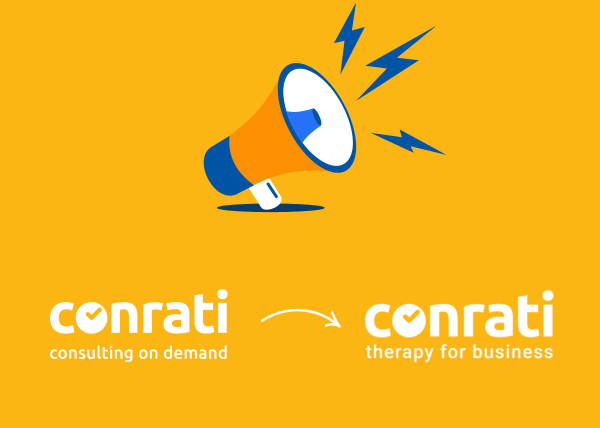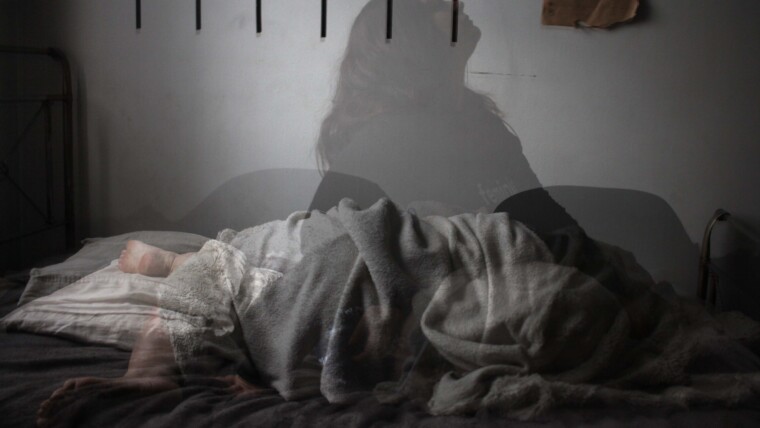Through the pandemic uncertainty that has ravaged throughout the world, we have all been touched in some way. There is an increase in post-traumatic stress disorder, also known as PTSD, caused by the unpredictable situations of uncertainty surrounding circumstances such as: health, family, wealth, and personal experiences.
Through a study published titled: ‘Prevalence of post-traumatic stress disorder after infectious disease pandemics in the twenty-first century, including COVID-19: a meta-analysis and systematic review’, researchers have concluded an increase in the prevalence in PTSD among healthcare workers, individuals infected with COVID-19 and the general public. They stressed the importance of policymakers all around the world, as PTSD is on the rise, post-pandemic. Even more importantly, PTSD does not discriminate regardless of age, difference in sex, gender, income levels or geographical coverage.

What exactly is Post-traumatic stress disorder (PTSD)?
Post-traumatic stress disorder (PTSD) is a mental health disorder that may occur in people who have experienced and/or witnessed a traumatic event such as :
- A natural disaster
- A serious accident or injury
- A terrorist act
- Experiencing war or combat
- Rape or sexual violence
- Who have been threatened with death

Symptoms can vary between person to person as well as over time.
Those who are experiencing PTSD, may experience may experience symptoms which are generally grouped into four types:
- Intrusive memories
- Avoidance
- Negative changes in thinking and mood
- Changes in physical and emotional reactions.
There is no exact time limit to distinguish when symptoms may appear, however, once symptoms arise, they begin to interfere with your ability to go about with your daily tasks.
How is PTSD diagnosed?
Through a clinical professional, post-traumatic stress disorder can be diagnosed.
Fear is a natural reaction to traumatic situations. It triggers our bodies to react in split-seconds to fight or avoid danger. This “fight or flight” response is designed to protect us from harm and keep us safe. If you have PTSD, you may feel stressed or frightened, even if there is no danger.
How do I take the first step?
Our mental health is just as important as our physical health. Most people hesitate to seek professional assistance for fear they aren’t serious enough, or their concerns aren’t valid. There are professionals available all around the world, ready to assist you. Conrati has made the all available to you. Right now, expert advice is just a click away.
Disclaimer: This article is written and published for educational purposes. It is not intended on substituting a professional diagnosis. If you suspect that you may be suffering from PTSD or any other mental health condition, we suggest you seek help from a mental health professional.









Why your child should have a tutor
7 ways to help a friend with depression
Saying please: looking at the ‘HOW’
Conrati nominated as a Top Environmental Consulting Company by Futurology
How to boost 8 different forms of health
Conrati nominated as a Top Environmental Consulting Company by Futurology
How social media affects mental health
Understanding Bipolar Disorder